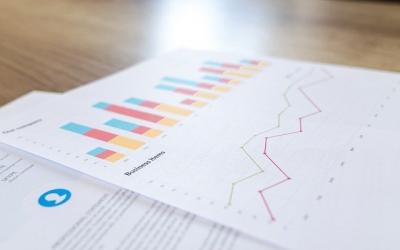LOS CONSUMIDORES Y LA CULTURA DEL RECLAMO
CONSUMERS AND THE CULTURE OF THE CLAIM
Fecha recibido: 24/09/2021 | Fecha publicado: 23/12/2021 | Fecha corregido: 30/11/2021 |Autores
RESUMEN
El objetivo de este trabajo es identificar si los consumidores en Saltillo, Coahuila pertenecen a la cultura del reclamo, es decir son consumidores activistas. Dicha tendencia ha sido impulsada por un alto grado de influencia del consumidor que utilizan las redes sociales como Instagram, Facebook, Twitter, para denunciar productos y empresas, lanzando advertencias a otros usuarios y ejerciendo presión para cambiar la forma de actuar de una empresa (Angus, Las 10 principales tendencias globales de consumo para 2018, 2018). Es un estudio de enfoque cuantitativo, descriptivo y de corte transversal, utilizando la encuesta como herramienta, con una escala de respuesta de tipo Likert del 1 al 7. Se aplica un instrumento a 275 personas de 15 a 78 años en la ciudad de Saltillo, Coahuila durante los meses enero y febrero del año 2020. Se utiliza el análisis de la varianza unifactorial (ANOVA) para demostrar si hay diferencias significativas entre cada uno de los seis ítems que integran la escala. De manera preliminar se confirma que los entrevistados tienen características de ser Activistas, pues un 35% de la muestra valoran alto las variables que lo definen. Además, se concluye que la participación de los consumidores en un ambiente digital y cuyo perfil se describe como un consumidor responsable o ético cuyas decisiones de compra pueden apoyar o dañar a las empresas.
PALABRAS CLAVES: Comportamiento del Consumidor, Activismo del consumidor, Boicot.
ABSTRACT
The objective of this work is to identify if the consumers in Saltillo, Coahuila belong to the culture of complaint, that is, they are activist consumers. This trend has been driven by a high degree of consumer influence using social networks such as Instagram, Facebook, Twitter, to report products and companies, issuing warnings to other users and exerting pressure to change the way a company act (Angus, Las 10 principales tendencias globales de consumo para 2018, 2018). It is a study with a quantitative, descriptive and cross-sectional approach, using the survey as a tool, with a Likert-type response scale from 1 to 7. An instrument is applied to 275 people from 15 to 78 years old in the city of Saltillo, Coahuila during the months of January and February of the year 2020. The one-factor analysis of variance (ANOVA) is used to demonstrate if there are significant differences between each of the six items that make up the scale. In a preliminary way, it is confirmed that the interviewees have characteristics of being Activists, since 35% of the sample highly value the variables that define them. In addition, it is concluded that the participation of consumers in a digital environment and whose profile is described as a responsible or ethical consumer whose purchase decisions can support or harm companies.
KEY WORDS: Consumer behavior, Consumer activism, Boycott


